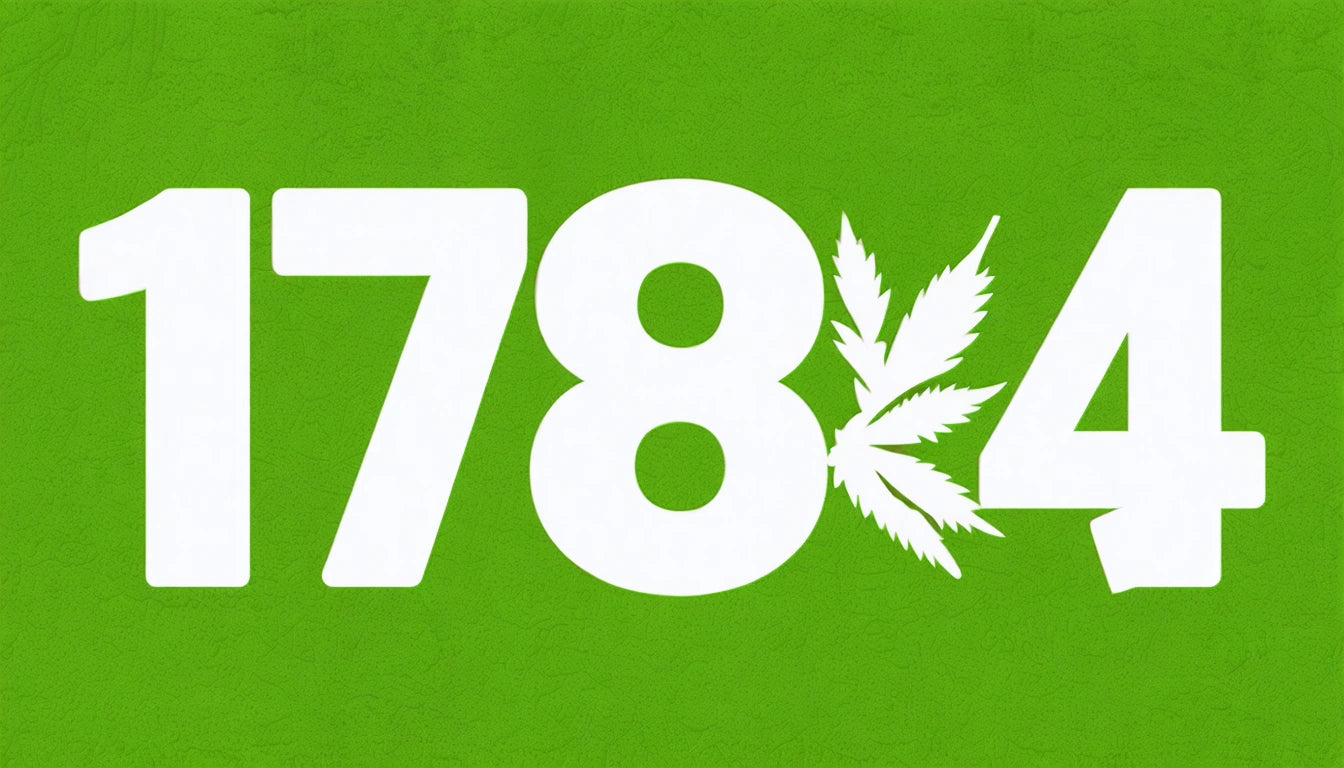Understanding the Legality and Accessibility of Cannabis Carts in the U.S.
The legal landscape surrounding cannabis cartridges (commonly known as "carts") varies dramatically across the United States. With conflicting state and federal laws, plus rapidly changing regulations, understanding whether carts are legal in your area requires careful research. This guide explores the legality of cannabis carts across different states, with particular focus on Texas and Florida, while addressing common questions about online purchasing and identification requirements.
What Are Cannabis Carts?
Cannabis carts are pre-filled cartridges containing cannabis oil designed for use with vape pens or batteries. According to this comprehensive guide on cart types, these products typically contain concentrated THC, CBD, or a combination of cannabinoids extracted from cannabis plants. The concentration and specific formulations vary widely, affecting both their legal status and effects.
Carts have gained popularity due to their convenience, discretion, and controlled dosing capabilities. However, their concentrated nature also makes them subject to stricter regulations in many jurisdictions.
Federal vs. State Legality of Cannabis Carts
At the federal level, cannabis remains classified as a Schedule I controlled substance, making cannabis carts technically illegal nationwide. However, enforcement priorities have shifted in recent years, with federal authorities generally deferring to state laws regarding cannabis.
This creates a complex patchwork of regulations where cannabis carts may be:
- Fully legal for adult use in some states
- Legal for medical use only with proper documentation in others
- Completely illegal with potential criminal penalties in certain states
- In a gray area where only CBD carts with less than 0.3% THC are permitted
State-Specific Regulations
Are Carts Legal in Texas?
The question "are carts legal in Texas" has a straightforward answer: THC cannabis carts are illegal in Texas. The state maintains strict prohibition on THC products, with possession potentially resulting in serious legal consequences. Under Texas law:
- Possession of THC oil in carts is classified as a felony
- Penalties can include prison time and substantial fines
- Even small amounts can trigger felony charges due to how Texas law classifies concentrates
The only exception is for low-THC cannabis products prescribed by physicians for specific medical conditions under the Compassionate Use Program, which is extremely limited in scope.
Are Carts Legal in Florida?
For those wondering "are carts legal in Florida," the answer is more nuanced. Florida permits medical cannabis carts for qualified patients who:
- Have a qualifying medical condition
- Possess a valid medical marijuana card
- Purchase from licensed Medical Marijuana Treatment Centers (MMTCs)
Recreational use remains illegal, making unauthorized possession of cannabis carts a criminal offense. Florida's penalties for illegal possession vary based on amount, with less than 20 grams typically treated as a misdemeanor.
Online Purchasing Considerations
The question "can you order carts online without ID" reflects common confusion about online cannabis purchasing. The short answer is that legitimate cannabis carts cannot legally be shipped across state lines or sold without age verification, regardless of state laws.
Reputable dispensaries and retailers always require age verification, typically through:
- Government-issued ID verification at delivery
- Online age verification systems during purchase
- Medical cannabis card verification for medical products
Websites claiming to ship THC carts nationwide without ID verification are likely operating illegally or selling counterfeit products. For businesses managing inventory of legal products, precise measurement tools like digital scales are essential for compliance with strict regulatory requirements regarding product quantities.
Identifying Legitimate Products
For consumers in legal states wondering "where to find legit carts," safety should be the primary concern. This guide on identifying authentic carts outlines key verification steps:
- Purchase only from licensed dispensaries
- Verify products have batch numbers and lab testing information
- Check for proper packaging compliance with state regulations
- Look for QR codes linking to lab results
The black market for counterfeit carts poses serious health risks, with products potentially containing harmful cutting agents, pesticides, or inconsistent cannabinoid levels.
Legal Consequences of Illegal Cart Possession
For those asking "are carts a felony in Texas" or "are carts illegal" in general, understanding potential legal consequences is critical. In states where cannabis remains prohibited:
- Possession of THC carts often carries harsher penalties than flower cannabis due to their concentrated nature
- In Texas specifically, possession of any amount of THC concentrate is a felony offense
- Penalties can include prison time, substantial fines, and a permanent criminal record
- Interstate transportation of carts, even between two legal states, violates federal law
Even in states with legal cannabis programs, possession outside regulatory frameworks (such as without proper medical documentation) remains illegal.
Navigating Changing Cannabis Regulations
The legal landscape for cannabis carts continues to evolve rapidly. Several trends are worth monitoring:
- More states are implementing or expanding medical cannabis programs
- Adult-use legalization continues to spread, though often with specific restrictions on concentrate products
- Testing and safety regulations are becoming more stringent, even in established markets
- Federal reform discussions may eventually resolve the state/federal conflict
Until federal law changes, cannabis carts will remain in a complex legal position. Consumers must research current local laws, as regulations vary not just by state but sometimes by county or municipality. For businesses and consumers alike, staying informed about these evolving regulations is essential for legal compliance and safety.











Leave a comment
All comments are moderated before being published.
This site is protected by hCaptcha and the hCaptcha Privacy Policy and Terms of Service apply.